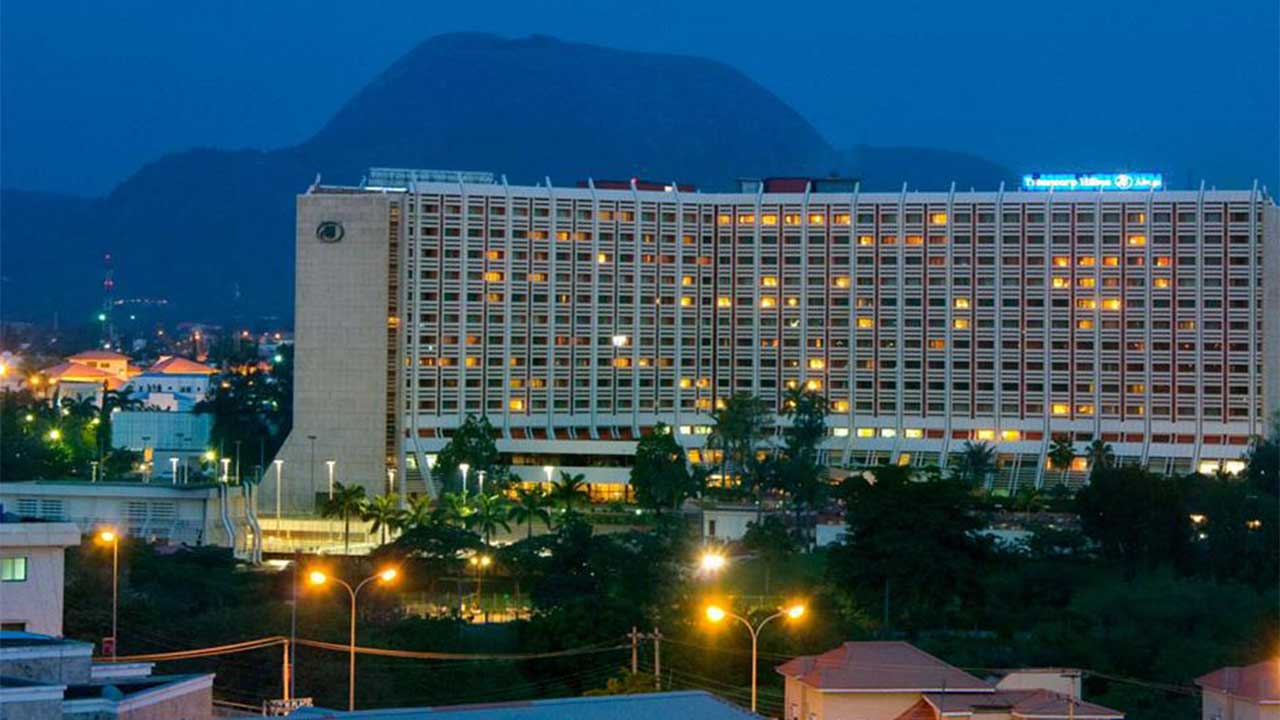- Transcorp Proposes 40 kobo Per Share as Dividend Payout to Shareholders
Ahead of its yearly general meeting (AGM) scheduled for next month, the directors of Transcorp Hilton have proposed the payment of 40 kobo per share as dividend subject to shareholders consideration.
Transcorp Hilton, which announced gross revenue of N14.6 billion for the 2016 financial year, said this was against a budget of N13.8 billion, (2015: N13.4 billion). It disclosed that the high revenue was driven by certain key events including visits by very high profile guests, many foreign heads of governments and representatives of various consulates.
It informed that a number of AGMs were held by several blue-chip companies, and “we also recorded visits by the CEOs of world football governing body (FIFA) and many Fortune 500 CEOs and their equivalents. Revenue also improved due to aggressive business development through market segmentation and competitive rates for rooms, food and beverage and corporate events.”
According to a statement made available to The Guardian, the hotel claimed that its Profit Before Tax (PBT) was N4.9 billion much higher than the budget of N3.7 billion (2015: N5.5 billion). Its Profit After Tax (PAT) for the year of N3.5 billion was also higher than budget of N3.4 billion (2015: N3.6 billion). This is in spite of the reduction in the number of rooms and escalating cost of operation.
The hotel said it has maintained a stable Balance Sheet consistent with the prior year, with a total asset to the tune of N88 billion (2015: N89 billion) while total liabilities reduced by N1 billion to N35 billion in 2016.
In terms of key achievements for the year, the management of Transcorp claimed that for the fourth year in a row, the hotel emerged as the proud recipient of five prestigious awards at the 23rd World Travel Awards: Africa’s Leading Business Hotel; Nigeria’s Leading Business Hotel; Nigeria’s Leading Hotel; Nigeria’s Leading Hotel Suite (the Presidential Suite) and Nigeria’s Leading MICE Hotel.
According to the statement, the World Travel Awards brand is recognised globally as the ultimate hallmark of quality, with winners setting the benchmark to which all others aspire.
Transcorp Hilton Abuja clinched the 2016 TripAdvisor Travellers’ Choice awards for Hotels (the highest honour to be given by TripAdvisor), ranking first out of 64 hotels in Abuja, based on the reviews and opinions of the global travel community.
The firm explained that at the Seven Stars Luxury Hospitality and Lifestyle Awards held in Marbella, Spain, in October 2016, the World’s first international Hospitality Hall of Fame was launched to honour the extraordinary achievements of the most exceptional members of the Luxury Hospitality industry.
In terms of project development, the statement explained that the upgrade and refurbishment of the hotel was in full swing with completed floors (floors 8 to 10) to be included in inventory by the end of first quarter 2017.

 Forex3 weeks ago
Forex3 weeks ago
 Naira2 weeks ago
Naira2 weeks ago
 Billionaire Watch2 weeks ago
Billionaire Watch2 weeks ago



 Naira3 weeks ago
Naira3 weeks ago






 Naira2 weeks ago
Naira2 weeks ago




 Naira1 week ago
Naira1 week ago




 Naira4 weeks ago
Naira4 weeks ago






 Naira3 weeks ago
Naira3 weeks ago
























